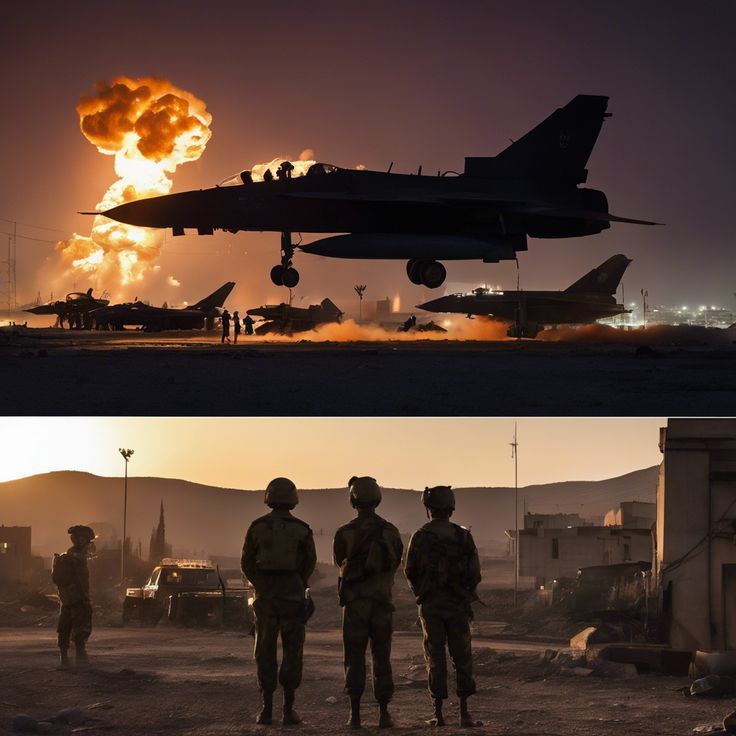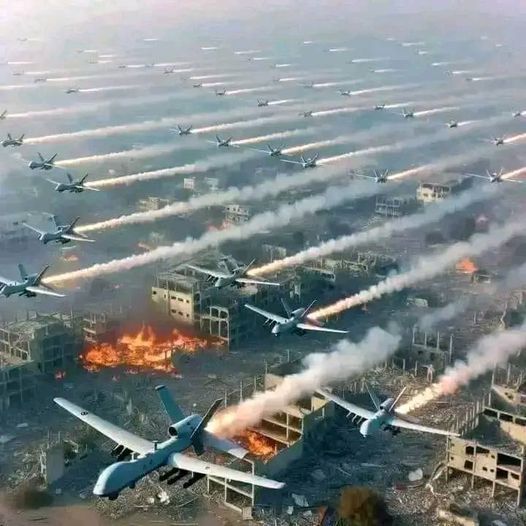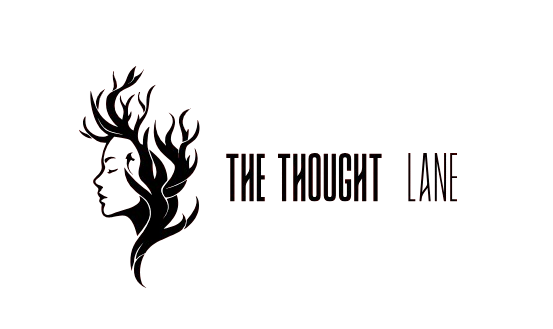The Iranian Israeli War is a geopolitical powder keg that continues to capture global attention. With tensions reaching unprecedented levels, it’s more critical than ever to understand how this volatile relationship evolved into open hostility and what it means for the Middle East and the world.
The Origins of the Iranian Israeli War
The Iranian Israeli War didn’t ignite overnight. It is the culmination of decades of ideological, strategic, and political friction between two of the most influential powers in the Middle East.
- Ideological Clash: Iran’s Islamic regime has long viewed Israel as an illegitimate state. This has fueled Tehran’s support for groups like Hezbollah and Hamas.
- Nuclear Concerns: Israel sees Iran’s nuclear ambitions as an existential threat, prompting preemptive actions like cyberattacks and assassinations.
- Proxy Conflicts: Syria, Lebanon, Gaza—many smaller battlegrounds have become extensions of this larger war.
Major Escalations That Defined the Conflict
2006 Lebanon War
Hezbollah, backed by Iran, launched rockets into Israel, prompting a full-scale Israeli military response. This marked the first visible Iranian influence in Israel’s direct security concerns.
The Syrian Civil War
Iran deployed its Quds Force to aid Assad, while Israel began striking Iranian positions in Syria, significantly escalating the Iranian Israeli War.
Assassination of Qasem Soleimani
In 2020, a U.S. drone strike killed Iran’s top general. Though not executed by Israel, the assassination intensified the already brittle situation.
Cyber Warfare and Covert Operations
The Iranian Israeli War isn’t just about missiles and tanks. A shadowy battle of cyberattacks, espionage, and sabotage has emerged as a key front.
- Stuxnet Virus: Widely believed to be a joint U.S.-Israeli operation, this malware crippled Iran’s nuclear centrifuges.
- Natanz Explosion: In 2021, a mysterious explosion damaged Iran’s main nuclear facility, allegedly orchestrated by Mossad.
- Assassination of Nuclear Scientists: Several Iranian scientists have been killed in precision attacks attributed to Israeli intelligence.
Diplomatic and Economic Repercussions
U.S. Involvement
America’s unwavering support for Israel has put it at odds with Iran, complicating nuclear negotiations and pushing Tehran closer to nations like Russia and China.
Sanctions and Isolation
The Iranian Israeli War has led to severe economic sanctions on Iran, crippling its economy and igniting domestic unrest.
Abraham Accords
Several Arab nations normalized ties with Israel, partly due to a shared concern over Iran. This has reshaped Middle East alliances and heightened Iran’s sense of encirclement.
Humanitarian Impact of the Iranian Israeli War
The true cost of the Iranian Israeli War is often measured in lives disrupted or lost.
- Civilians in Syria and Lebanon: Iranian and Israeli strikes have devastated entire communities.
- Palestinian Territories: Iran’s support of Hamas has fueled conflicts that have led to thousands of civilian casualties.
- Refugee Crisis: The war has contributed to the broader refugee crisis in the region, pushing millions to seek safety elsewhere.
Military Strategies and Capabilities
Iran’s Arsenal
Iran relies on ballistic missiles, drone warfare, and a network of proxy militias. Its strategy is asymmetric—leveraging regional influence and paramilitary groups over direct confrontations.
Israel’s Edge
Israel holds a technological edge with its Iron Dome, advanced jets, and superior intelligence network. Its preemptive strike doctrine is well-known, and Mossad remains one of the most feared intelligence agencies globally.
Media War and Propaganda
Information is as much a weapon as any missile in the Iranian Israeli War.
- Iranian State Media: Portrays Israel as the aggressor and itself as a defender of oppressed Muslims.
- Israeli Campaigns: Focus on exposing Iranian terrorism and nuclear threats.
- Global Media: Often caught in the middle, struggling to report objectively due to restricted access and political pressure. https://www.aljazeera.com/news/liveblog/2025/6/15/updates-death-toll-grows-as-iran-and-israel-continue-to-trade-attacks
Public Opinion and Protests
The Iranian Israeli War has triggered massive protests around the world:
- In Iran: Anti-Israel rallies are common, but there’s growing fatigue over endless conflict.
- In Israel: Citizens demand stronger security and question the sustainability of ongoing warfare.
- Globally: Diasporas and activists voice strong opinions, with protests often turning violent.
The Role of Religion in the Iranian Israeli War
Religion acts both as a motivator and a justification in this conflict.
- Shiite Islam in Iran: Its leadership sees itself as the guardian of Muslim unity against Israel.
- Zionism in Israel: Israel views itself as the rightful homeland of Jews, a belief opposed by Iran’s Islamic ideology.
- Religious Extremism: Both sides have elements that exploit religion to justify extreme violence.
International Response and UN’s Role
The United Nations has repeatedly called for restraint, but with little tangible effect.
- Resolutions Ignored: Both Iran and Israel have been accused of violating international laws.
- Peacekeeping Limits: UN missions have been largely symbolic and ineffective in halting hostilities.
What Lies Ahead for the Iranian Israeli War?
The future of the Iranian Israeli War remains uncertain but deeply concerning.
Potential for All-Out War
Any miscalculation could lead to full-scale war, dragging in the U.S., Russia, and major Arab states. Recent naval skirmishes and airspace violations have increased the risk of accidental escalation.
Nuclear Proliferation
If Iran acquires a nuclear weapon, the balance of power will shift dangerously. Israel has hinted it will act militarily to prevent this, increasing the likelihood of a catastrophic regional war.
Chance for Diplomacy?
Backchannel talks continue, but trust is minimal. Some experts suggest regional forums could help ease tensions, but mutual suspicion remains the greatest hurdle.
Regional Actors and Their Stakes
Saudi Arabia
Though a rival of Israel historically, Saudi Arabia has grown increasingly concerned over Iran’s regional ambitions. Quiet cooperation on security matters has been reported.
Turkey
Turkey maintains a balancing act—publicly criticizing Israel while attempting to restore ties for economic gain. It also opposes Iranian dominance in Syria.
Gulf States
The UAE and Bahrain, as part of the Abraham Accords, see economic and security benefits in standing with Israel against Iranian expansionism.
Iran’s Internal Struggles and Their Effect on the War
Iran’s domestic instability—fueled by inflation, youth unemployment, and political suppression—may impact its war capabilities.
- Protests and Unrest: Massive uprisings like the Mahsa Amini protests demonstrate public exhaustion with military adventurism abroad.
- Economic Collapse: International sanctions have eroded Iran’s ability to fund proxy wars, though black-market operations continue.

Israel’s Political Shifts and Military Policy
Israel’s internal political dynamics also influence the Iranian Israeli War.
- Coalition Governments: Shifting leadership and fragile coalitions can affect military decision-making and diplomatic outreach.
- Public Dissent: Rising anti-war sentiment challenges the traditional hawkish stance on Iran.
The Role of Technology in Future Warfare
The next phase of the Iranian Israeli War may be defined by technological supremacy.
- AI in Warfare: Both nations are developing AI-powered defense systems.
- Drone Evolution: Iran’s kamikaze drones and Israel’s advanced interception technologies are reshaping the battlefield.
- Satellite Surveillance: Real-time intel gathering via satellites allows for faster, more accurate targeting.
Pathways to Peace—Is There Hope?
Despite the bleak landscape, several pathways to peace exist:
- Track II Diplomacy: Unofficial dialogue led by academics and former officials can lay the groundwork for formal talks.
- Multilateral Talks: Involving neutral states and major powers may ease mutual suspicions.
- Economic Incentives: Lifting certain sanctions in exchange for measurable de-escalation steps could incentivize cooperation.
Final Thoughts on the Iranian Israeli War
The Iranian Israeli War is not a war in the traditional sense—but a relentless, multifaceted confrontation with no clear endpoint. Its tentacles extend into global diplomacy, regional politics, religion, and even cyberspace.
As the world watches, one fact becomes undeniable: this is not just Iran and Israel’s war—it’s a conflict with the potential to redraw the map of the Middle East, reshape global alliances, and affect millions of lives.
Avoiding all-out war will require vision, courage, and compromise. Peace is not impossible—but it is slipping through the cracks of opportunity with each passing missile.










